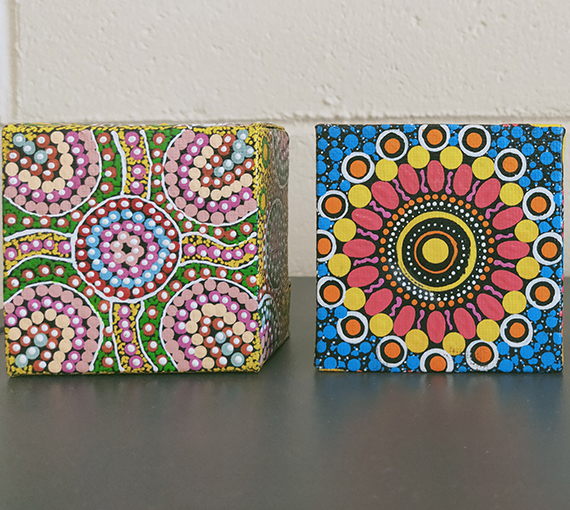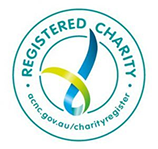 This program provides support to people appearing before the Galambany Circle Sentencing Court, which provides eligible Aboriginal and Torres Strait Islander adults and young people who have offended with a culturally relevant sentencing option.
This program provides support to people appearing before the Galambany Circle Sentencing Court, which provides eligible Aboriginal and Torres Strait Islander adults and young people who have offended with a culturally relevant sentencing option.
Panel members and Elders sit alongside the Circle Court Magistrate and contribute to the process in a number of ways: by explaining culturally relevant details to the Court; letting the defendant know that criminal behaviour in the Aboriginal and Torres Strait Islander community is not tolerated; and exploring ways to avoid re-offending.
Once an offender has been assessed, they become a client of our services. The Tjillari Family Support Worker provides case management and support to the client and their family. For example, if the Magistrate mandates that the offender needs to attend alcohol and drug counselling, then the Tjillar’s Support Worker will connect them with the appropriate drug and alcohol service and make sure that they attend. If they are having housing issues then we will attempt to support them to find appropriate accommodation. The Tjillari Support Worker also provides reports to the court especially if it adjourns and wants to see that the client has reached certain goals - such as attending rehab.
What makes our approach so different is that by using a family justice model we don’t just want to involve the offender; we want to involve the family in making decisions about what will happen next. Many issues can’t be resolved by singling out the offender, they need to involve the family and their community. Otherwise, once an offender is released back into their community all the same enablers are there that encourage re-offending.
The Tjillari Family Support Worker works to achieve the best possible outcomes for the people appearing before the Court and their families, including involving them in other relevant programs such as our “Surviving Out Side” program.



